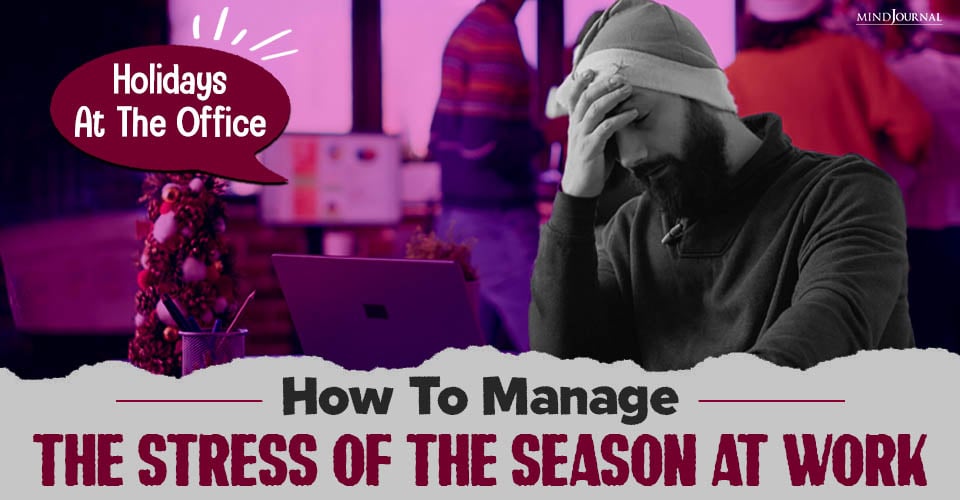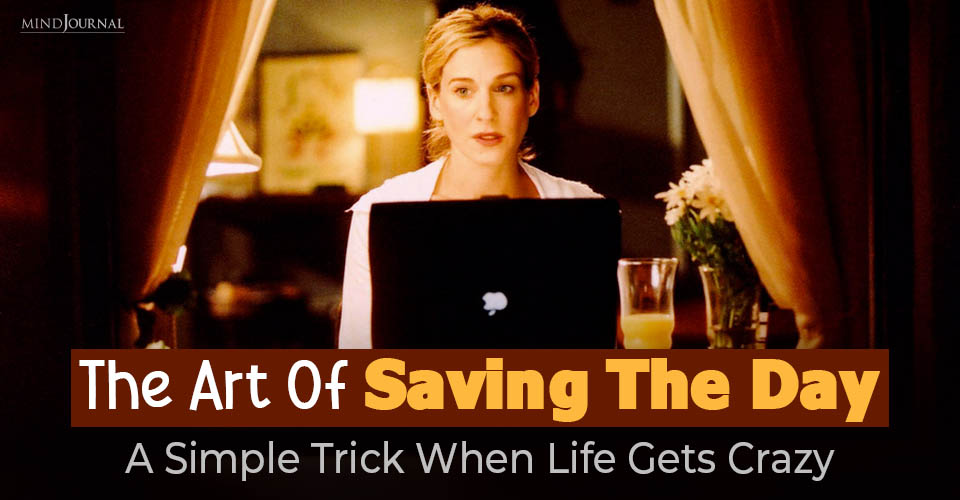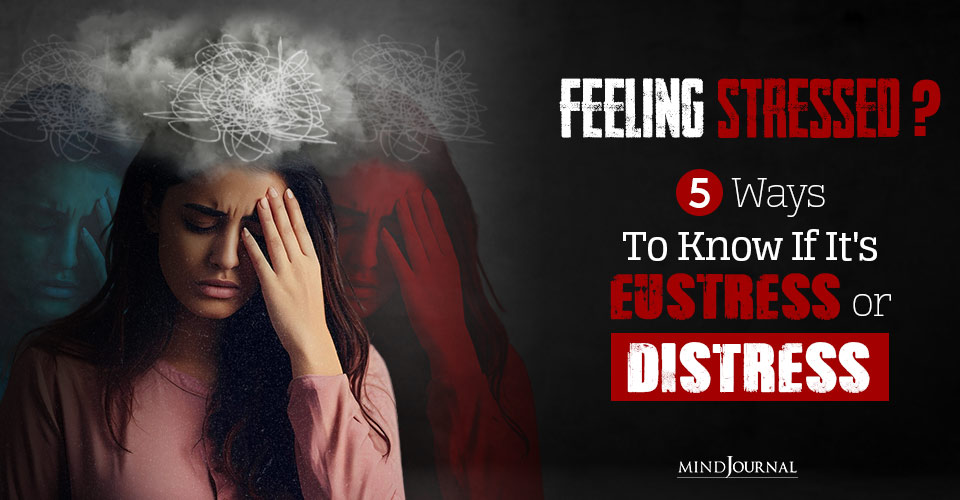Why do you feel stressed at work? Do you know your stressors?
The first step in tackling workplace stress is understanding your stressors.
Sometimes the first step in understanding something involves simply labeling it. This can come from a medical diagnosis, but it can also come from your own insights. One area that can greatly benefit from labeling is your work life, and whether you’re thriving in it or just surviving.
To begin with, it is helpful to understand what your potential stressors are, and what is actually causing you to feel stressed. Let’s back up—what are stressors versus stress? It seems like a simple question that is either obvious, or that doesn’t really matter to differentiate. But teasing these things apart will help you have a better understanding of why you are stressed and what you can do to address it.
Stressors are anything in your work environment that could potentially lead to stress.
Understanding 5 stressors at work:
1. The content of your work:
- Monotonous work
- Meaningless of tasks
- Lack of variety
- Physical labor
- Emotional labor
Read 3 Ways To Like A Job You Loathe
2. The way your job is designed:
- The amount of workload (too little, too much)
- Time pressure
- Working hours (long, shiftwork, graveyard shifts)
- Role ambiguity
3. How you interact with others:
- Role conflicts with others
- Supervision (micro-managing, inadequate support)
- Lack of colleague support
- Bullying/harassment
Read 8 Signs of A Toxic Person At Work
4. Your environment:
- Loud noises
- Harsh lighting
- Noxious smells
5. Spillover into home life:
- Inadequate pay
- Working hours/shift work
- Spillover of home into work (sick kids, aging parents)
These are stressors (and not stress) because they may or may not result in you feeling stressed. You may like having a job where you can “turn off your brain” and do repetitive tasks. You may not be bothered by noise.
Read 22 Tips To Improve Mental Health In The Workspace
This is why one person with a heavy workload is drowning, and the other is energized by it. When these stressors turn into stress, this is where we need to be concerned. That is, these stressors somehow affect your psychological, emotional, or behavioral well-being2 3 4.
Recent research5 6 7 discusses how the psychological evaluation of stress can be boiled down to three basic needs: the need to feel competent, the need to act with volition (have a say in the matter), and the need to feel connected with others.
If we think back to the example of the person who is energized by the heavy workload, it’s likely that they see it as challenging, and it allows them to demonstrate their skills. Versus the person who is drowning, who likely feels that they aren’t in control anymore and either don’t have a say in their work or don’t feel competent in what they are producing.
Read How To Effectively Resolve Conflicts In The Workplace
What do you need to do to understand why you may be experiencing stress?
1. First, identify all the high-level tasks or situations at work (see list above).
2. Label whether it causes you stress, you feel neutral about it, or it invigorates you.
3. For the tasks that cause you to stress, reflect to understand why (e.g., lack of control, not feeling like it achieves anything, isolates you).
4. Then, identify how you can either adapt the task or limit how much of the task you do on a given day.

Source: Lauren Florko
This first step in labeling your stress and figuring out the root causes will help you determine whether you know an upcoming workday will be stressful and plan around it. It will also help you take control (of what is within your control) to help reduce stress.
References (1) World Health Organization. Retrieved from: https://www.who.int/occupational_health/topics/stressatwp/en/ (2) Folkman, S., & Lazarus, R. S. (1990). Coping and emotion. In N. L. Stein, B. Leventhal & T. Trabasso (Eds.), Psychological and Biological Approaches to Emotion (pp. 313-332). Hillsdale, N.J.: Lawrence Erlbaum. (3) Ganster, D. C. (2008). Measurement challenges for studying work-related stressors and strains. Human Resource Management Review, 18, 259-270. doi: 10.1016/j.hrmr.2008.07.01 (4) Lazarus, R. S. (1966). Psychological stress and the coping process. New York, NY US: McGraw-Hill (5) Gagné, M., & Deci, E. L. (2005). Self-determination theory and work motivation. Journal of Organizational Behavior, 26(4), 331-362. doi:10.1002/job.322 (6) Van den Broeck, A., Vansteenkiste, M., De Witte, H., & Lens, W. (2008). Explaining the relationships between job characteristics, burnout, and engagement: The role of basic psychological need satisfaction. Work & Stress, 22(4), 691-706. doi: 10.1177/0143831X11428228 (7) Ryan, R. M., & Deci, E. L. (2002). Overview of self-determination theory: An organismic-dialectical perspective. In E. L. Deci, R. M. Ryan, E. L. Deci, R. M. Ryan (Eds.), Handbook of self-determination research (pp. 3-33). Rochester, NY: University of Rochester Press.
Written by: Lauren Florko
Originally appeared on: Psychology Today
Republished with permission










Leave a Reply